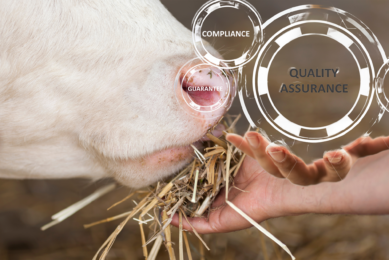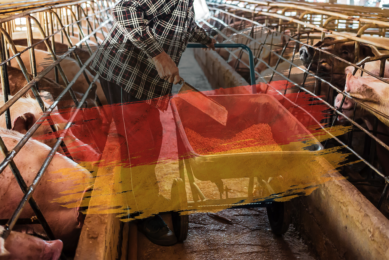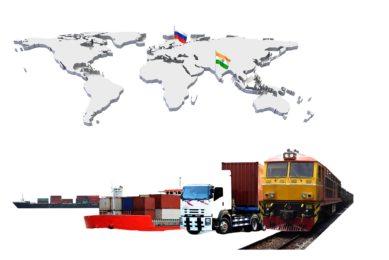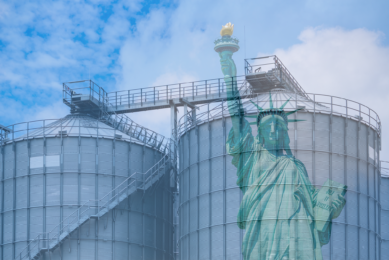Global feed safety through uniform standards
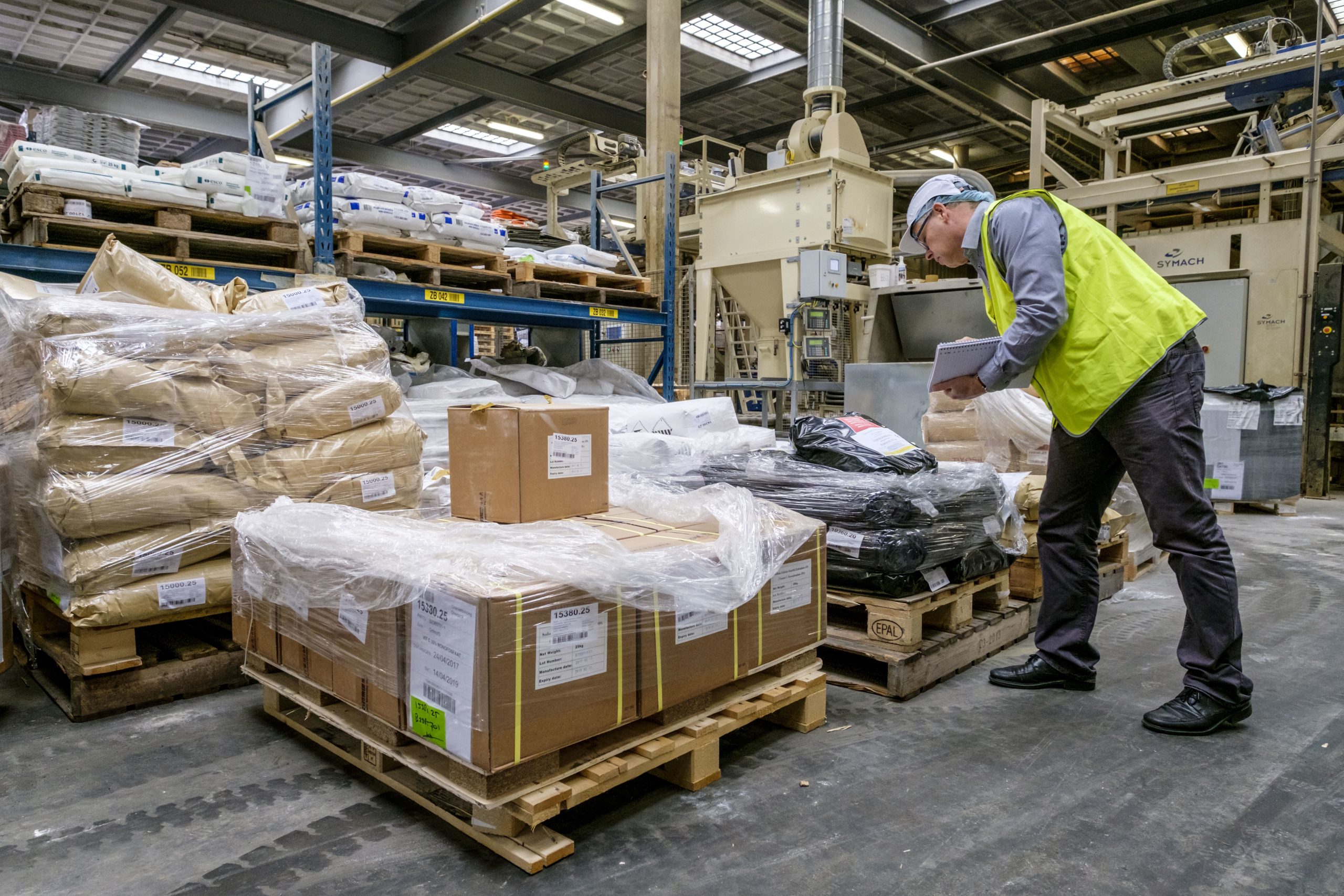
This year, the feed safety scheme GMP+ celebrates its 25th anniversary. The founder of GMP+ addresses that domestic legislation for safe feed is important, but independent international standards are required on top of that to fully guarantee safe feed.
The GMP+ Feed Certification scheme was initiated and developed in 1992 by the Dutch feed industry in response to various, more or less, serious incidents involving contamination in feed materials. Although it started as a national scheme, it has developed into an international scheme that is managed by GMP+ International in collaboration with various international stakeholders.
At the same time, a number of rules and regulations exist per country. Often, feed producers state that they comply to all applicable laws and regulations. Let’s be honest: this line sounds great and gives suppliers, buyers and customers confidence. But as great as it sounds, the value of such a statement can differ, depending on the country in which the company is located. After all, national legislations can vary in strictness across the globe, whereas there can also be differences in regulations and enforcement. And in some countries, rules are even almost entirely absent. In addition, it is impossible for companies that wish to do business on the other side of the world, to check whether their business relations are actually adhering to the rules. Thus, national legislation can provide direction to companies located in that country, but in an international context, the value thereof is somewhat more diffuse. The mutual differences between countries in the field of feed safety, despite the trend towards more uniformity, lead to ambiguities, are exploited and are therefore not beneficial to global feed safety.
Benefits of having uniform standards
The so-called ‘good manufacturing practices’ (GMP) for the production of compound feed were established in 1992 by the Dutch feed sector. The code mainly consisted of guidelines for hygiene, controlling undesired substances and on how to deal with veterinary medical products (carry-over in particular). When these were starting to see broader acceptance, and companies across the borders started to show interest as well, the guidelines were expanded into a full-fledged scheme with standards for various links throughout the feed chain, including transport and storage and transhipment. The purchase of raw materials, transparency and traceability were included as well.
What started as a small code for the Dutch feed industry, eventually became the GMP+ Feed Safety Assurance (GMP+ FSA) module: a global certification scheme, joined by more than 17,000 companies from over 80 countries.
The big advantage of an internationally acknowledged certification scheme is that it, contrary to national legislation, has the same value everywhere, no matter whether the company is located in Colombia, Mexico, Germany, Australia or Saudi Arabia. Thanks to the certification scheme, all companies know exactly what is expected of them with regard to the production of safe feed. The uniform standards in the GMP+ scheme regarding production, trade, transport and storage and transhipment provide the clarity that national laws and regulations don’t always provide. Via annual audits, it is checked whether certified companies act in line with limits and standards of GMP+ FSA.

International Expert Committee
By internationalising standards, you’ll automatically run into issues and difficulties. Standards may be equal, practice and customs differ per region and sector. Therefore, it is essential to keep monitoring things continuously, to see whether the standards still provide in the changing day-to-day practice, and whether they consider certain regions and sectors. The first guidelines for instance (the good manufacturing practices) were developed in consultation with ten Dutch industry associations. But when the scheme started gaining traction in Germany, this design no longer worked, and additional information was sought from experts from the German feed chain. GMP+ International never stopped using this work method: industry associations from various countries are associated with GMP+ International as partners. Nowadays, this is reflected in the International Expert Committee. This committee consist of about 35 parties from various branches and parts of the world and has an advisory role regarding the contents of the GMP+ Feed Certification scheme.
Processing companies and industry associations from the feed sector are wise to join this committee (or 1 of the 4 sub committees) so that their voice is heard as well. Even though they do the same work; a production company from Germany simply cannot speak on behalf of a production company from Chile or vice versa. The more diverse the composition of our expert committees is, the more representative the advice for improvement of the certification scheme.
International conference
2017 marks the 25th anniversary of the GMP+ FSA scheme. Celebrations include an international conference in the ‘Beurs van Berlage’ in Amsterdam, held 1-3 November 2017. More information on this conference can be found here.
Exception or adjustments to the international standards
Still, there are situations for which international uniform standards are not the solution. Exceptional regionally bound developments also require regionally bound solutions. Often, awareness for these developments is raised within the expert committees. When GMP+ International is convinced of the regional bond of a matter related to the certification scheme, it can decide to publish a ‘Country Note’. The international standards remain in full effect, but for the relevant country (or the region) an exception or adjustment is formulated. These are very specific guidelines that make sure that, for instance, certain Polish demands and wishes are not declared applicable for the rest of the world. Thanks to the combination of uniform international standards, a flexible approach and specific national solutions where necessary, the GMP+ FSA module has become a leading certification scheme for the global feed industry which is increasingly considered to be a license to sell. A certificate that removes the need to use sales slogans such as ’ we adhere to all applicable laws and regulations’, since the GMP+ FSA certificate on the wall says it all.




